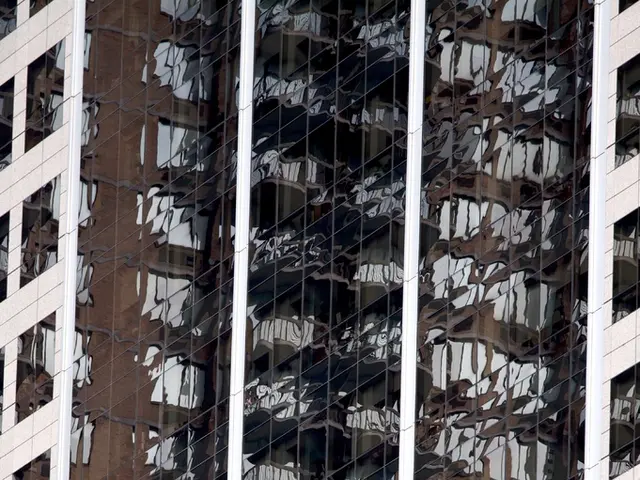London Loses Lead as Leading Global Tech Hub
London Slips in Global Science and Tech Innovation Rankings
London has ceded its top position as the global leader in science and technology innovation, falling behind San Francisco and Zurich in a recent report. The UK capital dropped three points in the Smart Centre Index, placing it third globally.
The index scores cities based on their innovation, strong university sectors in STEM subjects, and well-established regulatory, commercial, and financial services sectors. The latest report, produced by consultancy Z/Yen, highlights regulations and taxation as crucial factors influencing innovation centers.
Responders to the survey called for clear and consistent regulation that keeps pace with technology, while also advocating for tax incentives to reward innovation. The UK's R&D tax allowance and credits were mentioned as examples of beneficial tax policies. However, they also emphasized the need for "clear and transparent tax policies."
The Smart Centre Index report suggests that geopolitical tensions, primarily those resulting from President Donald Trump's erratic trade agenda, have not significantly affected global innovation centers' confidence levels.
London's fall from grace follows a previous report that named Paris the European tech capital, overtaking London. The current British administration, led by Prime Minister Sir Keir Starmer and Chancellor Rachel Reeves, has committed to reducing red tape to stimulate economic growth across the UK.
Despite these measures, London's decline may necessitate more drastic actions to regain its competitive edge. In a separate development, finance bosses recently criticized Chancellor Reeves' tax policy, calling for a more stable and clearer tax environment to avoid hasty reactions and maintain investor confidence.
The report also mentioned Oxford's climb to fourth place in the rankings, with Cambridge dropping to tenth. A quarter of respondents predicted AI would have the most significant impact on industries over the next five years, followed closely by energy and environment and electronics, photonics, and quantum.
Professor Michael Mainelli of Z/Yen noted the increased geopolitical tensions and the resulting distribution of tech spending. He foresees ongoing volatility in the Smart Centre ratings as the preferred technologies and the best-positioned centers for their development continue to evolve.
While London faces challenges in preserving its global status as an innovation center, events like London Tech Week 2025 and London Calling 2025 continue to highlight its potential as a hub for science, technology, and innovation.
- The decline in London's global ranking as a science and technology innovation hub could be addressed by implementing clear and transparent tax policies, as suggested by the respondents in the Smart Centre Index report.
- The UK's R&D tax allowance and credits, despite being beneficial, are not enough to entirely reverse London's fall in the Smart Centre Index, and a more stable and predictable tax environment might be necessary to maintain investor confidence.
- In the Smart Centre Index, technology, specifically artificial intelligence (AI), is predicted to have the most significant impact on industries over the next five years, with energy and environment, and electronics, photonics, and quantum following closely.
- Though geopolitical tensions have not significantly affected the confidence levels of global innovation centers, the increased geopolitical tensions and the resulting distribution of tech spending are expected to cause ongoing volatility in the Smart Centre ratings, according to Professor Michael Mainelli of Z/Yen.








